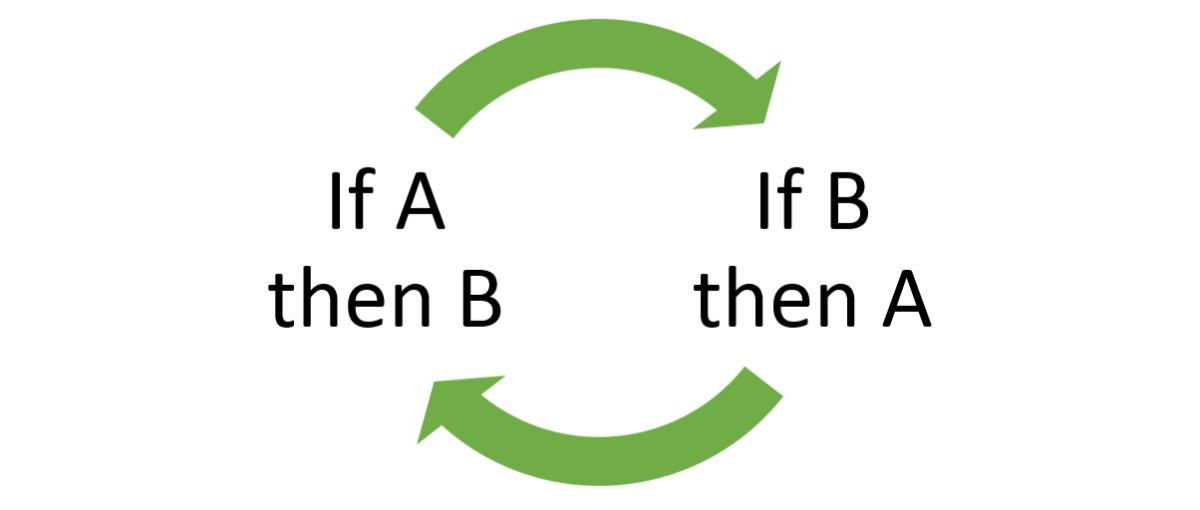Must Sophists think?
How arguable is a flower? On what basis? Why?

If you follow the logic of similar so-called academic debates turgidly lumbering around the Internet and in mainstream media on practically every issue, you'll notice that there’s a breathtaking lack of working logic, originality and depth. Professional skeptics, for example, usually start from a negative position. That'd be fine, except the entire argument is invariably always negative and remains negative. It starts off negative and simply then proceeds to prove its own point to its own satisfaction.
This is thinking? Most professional skeptics for some reason or other operate like an academic version of the Black Bloc, those wonderful people who always show up at progressive rallies and do as much damage as possible to the image of the people holding the rallies. Like the Black Bloc, they never contradict any Conservative concepts at all.
Professional skeptics seem to be entirely content with simply disapproving of progressive ideas. On that basis, you would have to assume that all previous thought was entirely correct, and that all new ideas by definition must be wrong. Perhaps not the most constructive possible approach to human thought.
Skeptics extremely rarely, if ever, offer any new information or insights. This level of consistency, applied to any concept, could best be described as unhealthy in any academic stream, although in this case we’re really talking about an academic sewer which hasn't been cleaned out for about the last 5000 years.
Sophistry means literally "false argument". Sophistry is used purely to prove a self-serving point. If you've ever read anything on the subject of Socrates, you will be aware that Socrates spent a lot of time taking apart sophist arguments. Apparently all those thousands of years ago the Sophists could put together much better arguments than they do now.
The easiest way to deal with sophistry is to simply follow the logic. Sophistry invariably contains any number of self contradictions, non-sequiteurs and never survives any form of extended logic. You'd think this would be a pretty basic bit of academic knowledge, but apparently not.
Interestingly, modern Sophists tend to rely on cliché and the supposedly "common" concepts of extremely conventional thought. They're not exactly innovators, and if you introduce a new element into any conversation, you'll immediately note a range of blank expressions. Those expressions mean that they have absolutely no idea what you’re talking about, and it takes a while for them to develop a response.
Contrast this behaviour with the nothing less than dictatorial approach to their own statements, which have all certainty of people reading from the text. Professional skeptics never challenge traditional beliefs in any shape or form. Quite the opposite, they have a sickening tendency to absolute conformism. You'd think that people so utterly devoid of their own personal opinions would seek medical help, but instead they seek publicity. Perhaps that's some form of therapy.
Anything and any view or opinion the notably unelected, unasked-for, so-called traditional mindsets of the past said was true is the default view of professional skeptics. This is sophistry on a grand scale, and it's extremely common. Like the contents of sewers, any level of debate is progressively degraded and sinks to the lowest level.
An argument about a major concept like life on other worlds, turns into an infantile series of assertions based on a totally discredited conventional view which hardly anyone actually holds. The professional skeptic will state, reasonably enough, that proof is required. The problem is that the professional skeptic will then be also proceed to deny that any information, from whatever source, and however much verified, provided constitutes proof. A simple inconsistency, which, however, has been continuous for decades.
Sophists tend to pedants. The sort of breadcrumb trail leads from one cliché to the next, and one tired, groaning conceptual platitude to the next. You can literally predict every single thing a sophist is going to say, the minute you hear the logic squeaking along.
Professional skepticism, sad to say, which would otherwise be a particularly useful function in any society for drivel and disinformation eradication, has degenerated into yet another Management Science gravy train, in which the basis of sophistry is purely to ensure agreement with the basic mindset, usually derived from some self-important geriatric imbecile clique with vested interests and the combined intellects of a squashed cockroach.
It might be worth pointing out that this stage that information and logic do not have to conform to any preset series of ideas. A new situation, by definition, does not necessarily include any previously established elements, and precedent only goes so far even for the most optimistic traditionalists.
Skepticism based on precedent can only be sophistry. Professional skepticism, therefore, is simply professional sophistry. Skepticism which doesn't involve case specific logic is merely pitiful. It is simply not good enough to wind up a series of hack phrases and concepts and call it an argument.
There was a time some years ago when basic academic hazing involved a collection of other was not particularly bright people literally learning by rote a series of arguments and statements designed to prove their intelligence. A statement would be made with a preset response and this, somehow, manifested great intelligence. Typical of Sophists, even this ultimate irony was completely lost on them.
Must Sophists think?
How?








